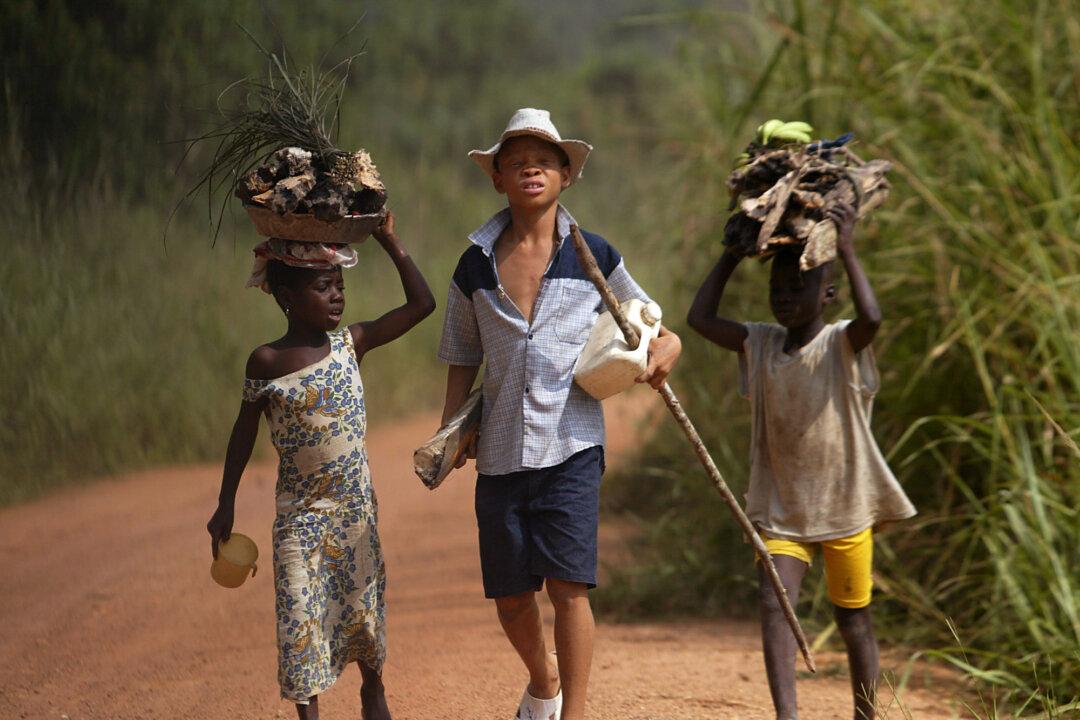A legal case involving major food companies Nestlé, ADM (Archer Daniels Midland), and Cargill could determine whether corporations can be sued in U.S. courts for violating international law on foreign soil.
After years of legal battles, the case has now reached the highest court in the country. The three companies are preparing to petition the case to the U.S. Supreme Court, which would make the final ruling on the legal question.
In 2005, three Malian nationals who were forced into working on cocoa plantations in the Ivory Coast filed a class-action lawsuit in a federal court in California. They claimed that the three corporations—through purchasing cocoa harvested by child laborers—“aided and abetted” slavery, child labor, and torture.
According to court documents, the three plaintiffs—identified only as John Does I, II, and III—worked without pay for up to 14 hours a day, 6 days a week. They were only fed scraps of food, and were frequently beaten and whipped by the plantation overseers.






